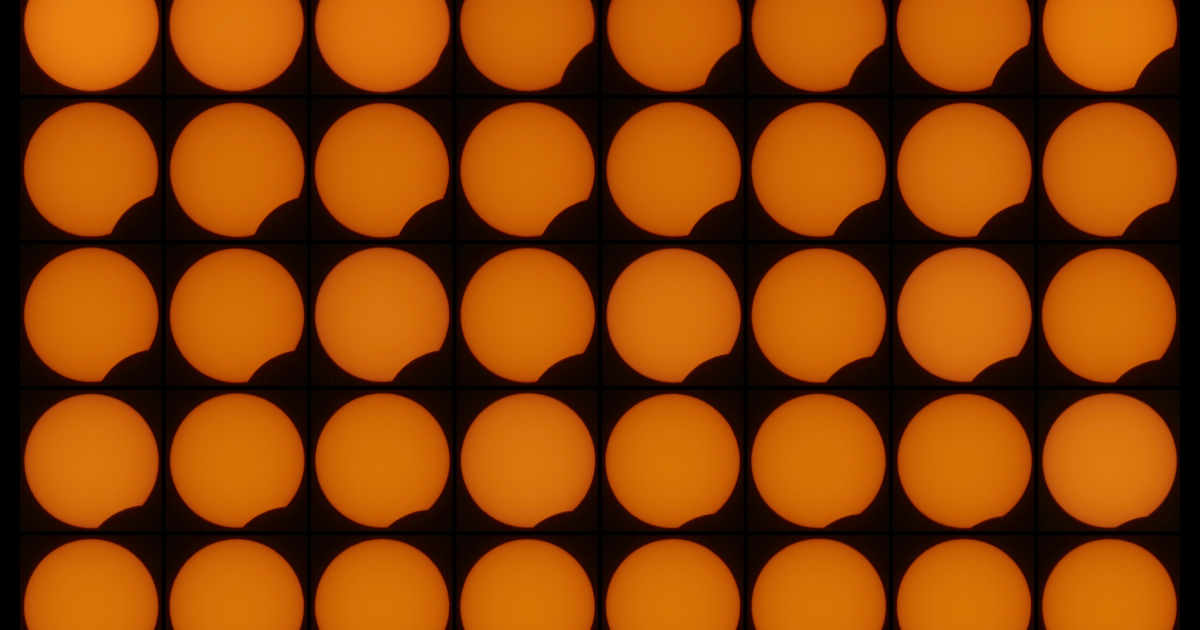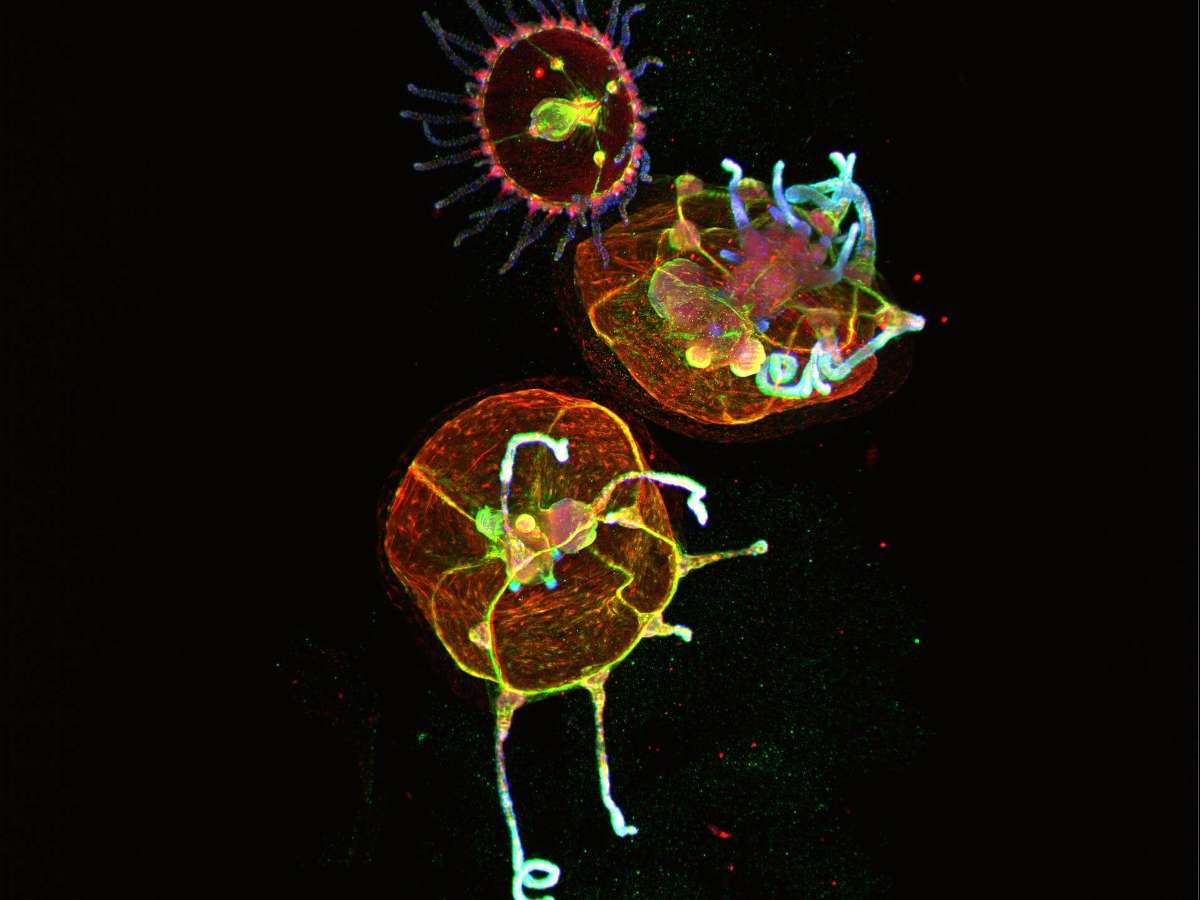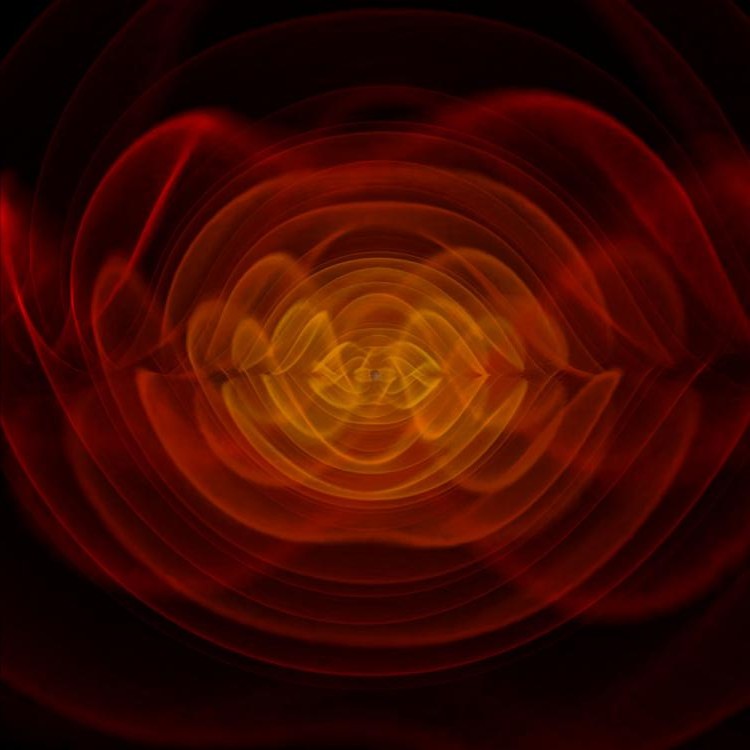Tag: Hinduism
Gritty Beginnings and Gracious Endings
“In Hinduism, Shiva is a deity who represents transformation. Through destruction and restoration, Shiva reminds us that endings are beginnings, and that our world is constantly undergoing a cycle of birth, death and rebirth.” —Karen Salmansohn A dear friend of almost 50 years recently shared with me that he was planning to retire soon. I responded, “It will be hard for you to let go of the decision making power you have enjoyed for so Read More
Evolution of Consciousness
My wife sometimes accuses me of selective engagement. She says I am much more open to conversation with people whom I find physically attractive, intellectually stimulating, emotionally responsive, or spiritually evolved.
Guilty as charged. As it turns out, the idea of selective engagement goes back 500 million years.
Transcendental Possibilities
My hunch is that we are all searching for transcendental possibilities, but what in hell does that mean? I have been on a long journey trying to figure out what those possibilities might look like and how I can have any real degree of assurance that what people claim can be true. Thirty-two years ago I co-founded Possibilities, Inc. with Barry Cohen, a PhD philosopher, as a discovery vehicle for this journey. I’ve covered a Read More
Possibility
As the world veers ever more perilously toward the precipice, it doesn’t seem like a giant leap to suggest that we need a major shift in thinking and relating. Essentially, we need to start thinking about ourselves as connected vs. separate and we need to start relating to each other interdependently vs. competitively. This post will address the possibilities of making that shift and the planetary potential if we can make it happen. I will Read More







